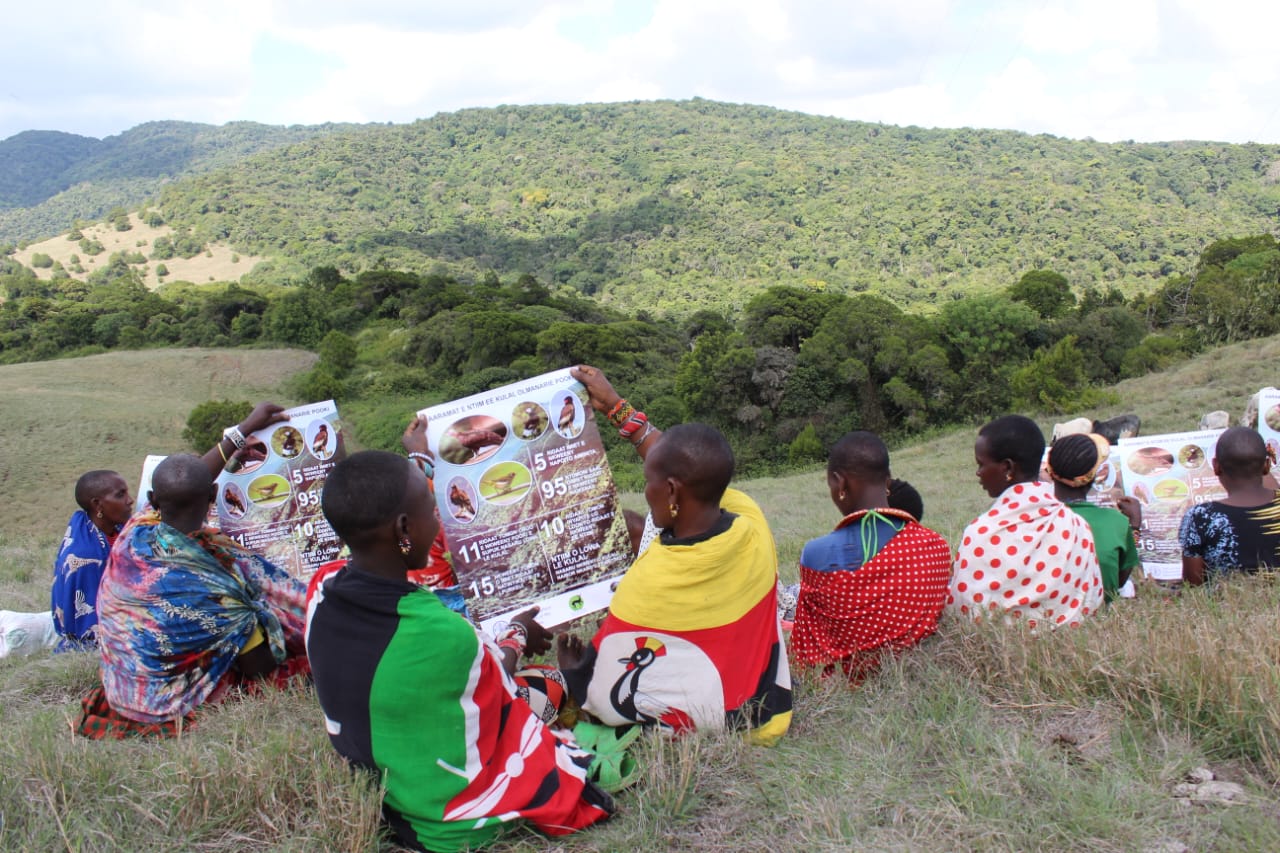By Checky Abuje
The East African Wild Life Society (EAWLS) has announced the official designation of Mt. Kulal in Marsabit County as Kenya’s 70th Important Bird and Biodiversity Area (IBA), marking a major milestone for biodiversity conservation in the country.
The recognition follows a rapid ornithological survey that confirmed Mt. Kulal’s global ecological importance, including the presence of the critically endangered White-headed Vulture and Hooded Vulture, 26 biome-restricted species, and the Kulal White-eye, a bird species found nowhere else in the world.
The designation was achieved through the Global Environment Facility (GEF)-funded project, “Strengthening the Conservation and Management of Mukogodo and Mt. Kulal Forests through Agroforestry and IBA Listing.”
The project, which ran from February to December 2024, was led by the Food and Agriculture Organization of the United Nations (FAO-Kenya) and implemented by EAWLS, with strong participation from local communities, conservation experts, and government agencies.
“Mt. Kulal’s recognition as an IBA is a win for both people and nature,” said Ann Mukaindo, EAWLS Project Officer.
“This achievement underscores the mountain’s global ecological importance while giving local communities a stronger voice to champion sustainable forest management and nature-based livelihoods.”
For the people of Mt. Kulal, the designation is more than scientific recognition. It strengthens the case for mobilizing resources to tackle deforestation, overgrazing, and climate change, while opening opportunities for eco-tourism, sustainable livelihoods, and long-term biodiversity research.
Kenya now hosts 70 Important Bird and Biodiversity Areas—sites of global conservation value identified using BirdLife International’s criteria.
EAWLS remains committed to working with communities, partners, and government agencies to ensure Mt. Kulal’s ecosystem is safeguarded for generations to come.




